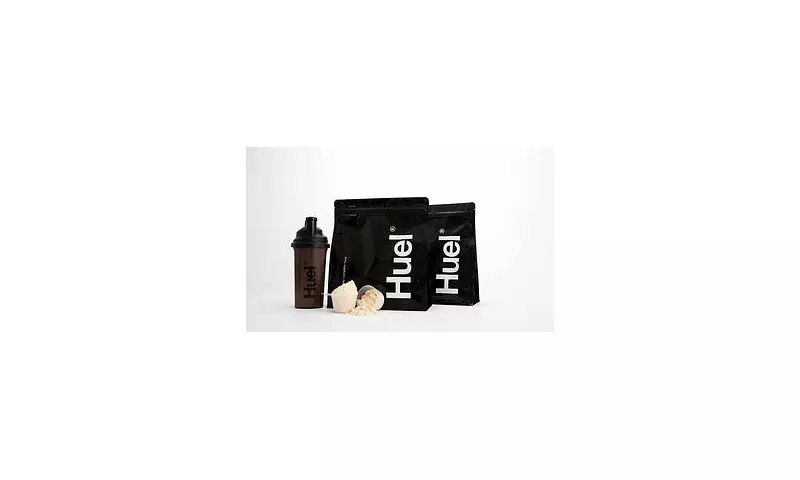
A damning new report has sent shockwaves through the health and fitness community, revealing alarmingly high levels of lead in Huel's popular protein powder products. Laboratory analysis conducted by a consumer watchdog group has uncovered contamination levels that could pose significant health risks to regular consumers.
Laboratory Findings Raise Red Flags
Independent testing of Huel's complete protein powder detected lead concentrations that exceed what many health experts consider safe for regular consumption. The comprehensive analysis examined multiple batches of the product, with consistent results across samples.
Nutrition specialists have expressed serious concerns about the potential cumulative effect on consumers who rely on Huel as a regular meal replacement. "When people use these products daily, even relatively low levels of heavy metals can build up in the system over time," explained Dr. Sarah Chen, a toxicology expert at London Metropolitan University.
Company Response Under Scrutiny
Huel, the UK-based nutrition company that has revolutionised the meal replacement market, has responded to the allegations by stating that their products comply with all existing food safety regulations. However, critics argue that current guidelines may not adequately address the unique consumption patterns of meal replacement users.
"The problem isn't necessarily that Huel violates specific regulations, but that the regulations weren't designed for products people might consume multiple times daily," noted food safety campaigner Michael Roberts.
What Consumers Need to Know
Health authorities recommend that current Huel users:
- Consider reducing their consumption frequency until more information is available
- Consult healthcare providers if experiencing unexplained symptoms
- Monitor for updates from both the company and regulatory bodies
- Consider diversifying their nutrition sources rather than relying heavily on any single product
Broader Implications for the Industry
This revelation raises important questions about oversight in the rapidly growing meal replacement sector. As more consumers turn to convenience foods for nutrition, the incident highlights the need for more rigorous testing protocols and updated safety standards tailored to these products' unique usage patterns.
The Food Standards Agency has confirmed it is reviewing the report and considering whether additional testing or regulatory changes might be necessary to protect consumer health in this expanding market segment.





